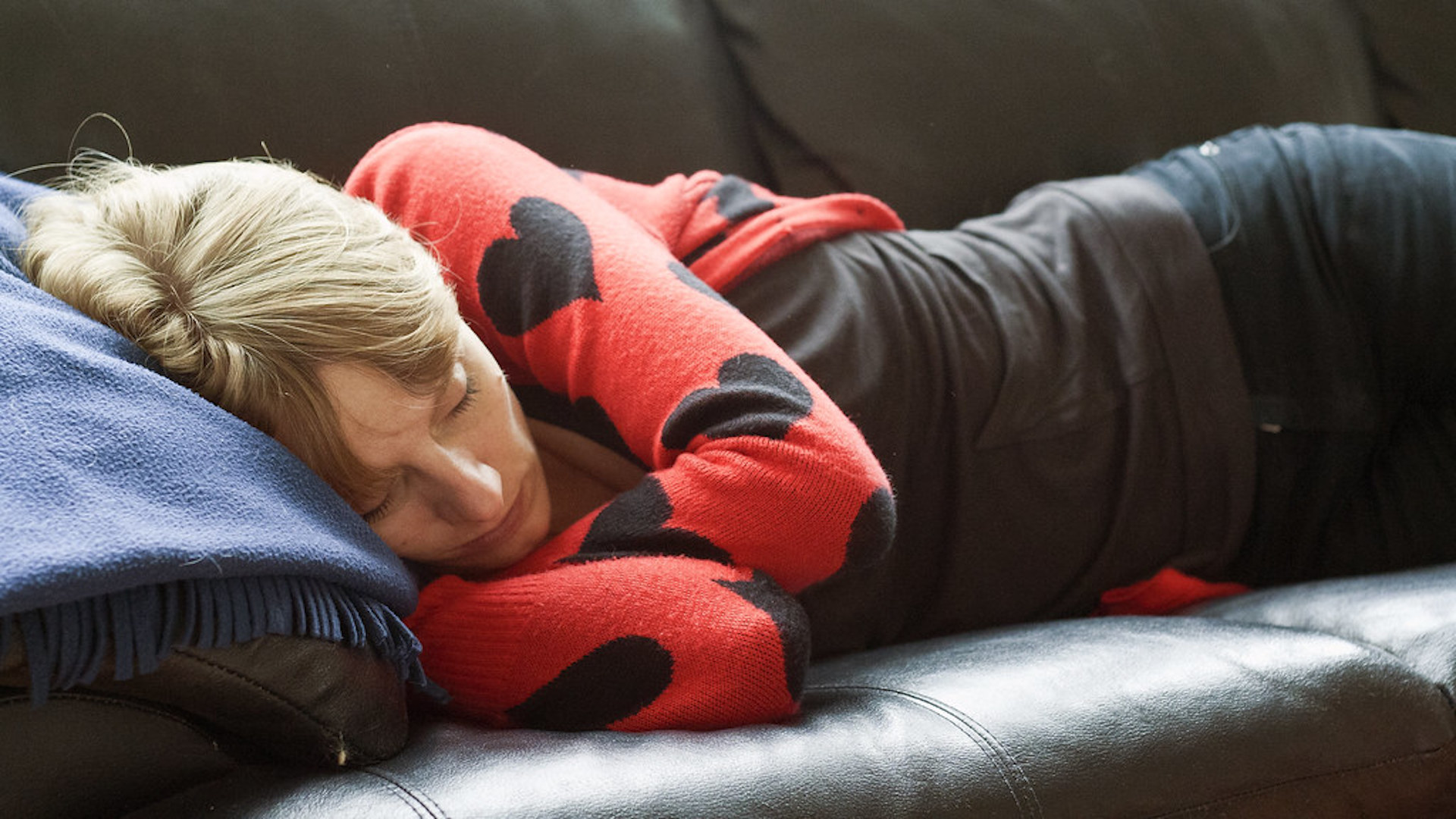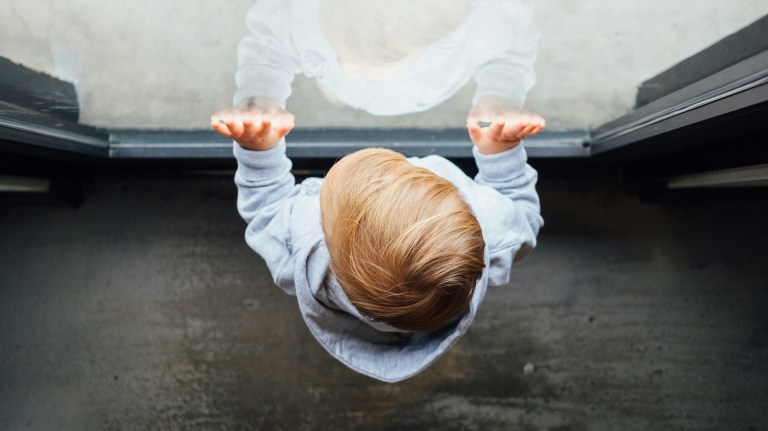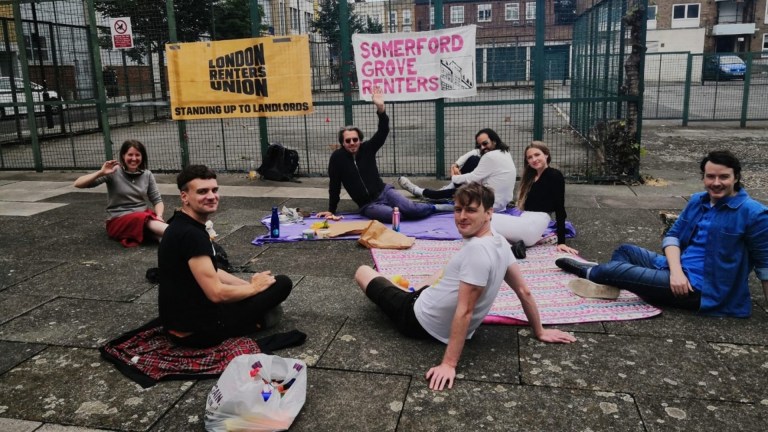“I didn’t want to open up because I felt ashamed about my feelings. I was worried about being judged, and didn’t want people to think I was just doing it for attention.”
Maria’s social worker referred her to Centrepoint for help after she tried to take her own life.
Support from the mental health department made her feel “like a new person”, she said. “I felt so much hatred towards the world and myself, but that was lifted away.”
At 17, Maria moved into semi-independent housing, before eventually securing her own flat. She studied health and social care at college and worked full time in a care home for elderly people, and was “over the moon” with her life. But she was let go from her job at the start of lockdown due to fears she could carry the virus in from college.
“I felt like everything was crashing down on me and I was going back to the way I felt when I was younger,” she said. “I was struggling with money, with studying, with basically everything.”
Maria started claiming Universal Credit to help cover rent and bills and Centrepoint referred her to a food bank. Food parcels were delivered to her because her mental illness made it difficult for her to leave her flat.
Advertising helps fund Big Issue’s mission to end poverty
“One day I’d be extremely happy, there was nothing wrong. The next day I couldn’t handle anything that came my way. I would cry if I couldn’t find my phone, the tiniest thing knocked me down.”
Maria applied for “more than 100” jobs in lockdown, with no responses, which made her feel worse. But eventually, in November, she landed a new job working in a care home and started a social care course at university.
“I feel a little bit better now but I have bad days and good days,” she said. “Seeing how vulnerable all the elderly residents are makes me feel so upset.
But support from Centrepoint is still helping Maria stay afloat. “It makes such a difference to me, I just wish that kind of help had been there when I was younger.”
Centrepoint’s research showed a particularly long-term impact on those who had spent time sleeping on the streets. Nearly 70 per cent of residents with experience of sleeping rough had mental health issues in 2019, researchers found after reviewing records for 3,452 young people using Centrepoint services. That compared to just over half of those who had not slept rough.
Advertising helps fund Big Issue’s mission to end poverty
“It is not surprising that more young people now need support from our health team as the lockdowns are not only triggering past traumas, but many of those we support are dealing with increased levels of stress after losing their jobs,” policy director Barbir Chatrik said.
“Even before the pandemic the trauma of homelessness and rough sleeping was taking a huge toll on the mental health of homeless young people.”
“In light of the ongoing difficulties the pandemic is causing we must ensure that charities and local services receive appropriate funding to identify and quickly address young people’s mental health needs,” Chatrik added.










